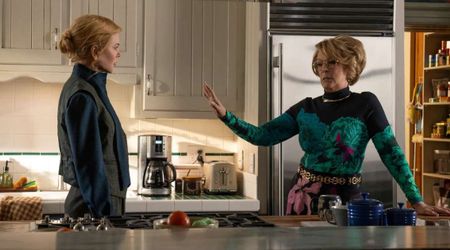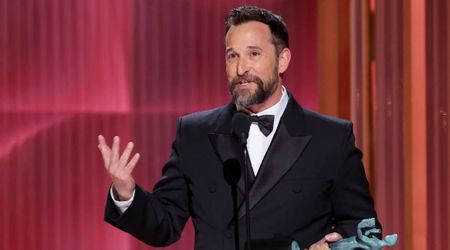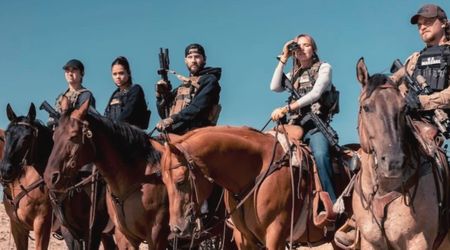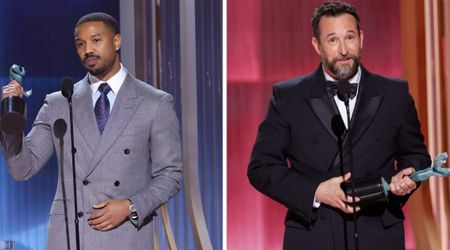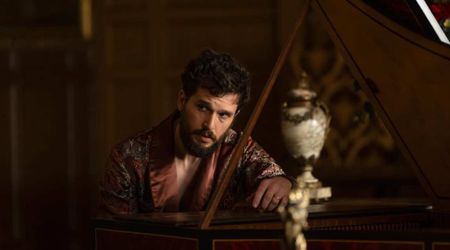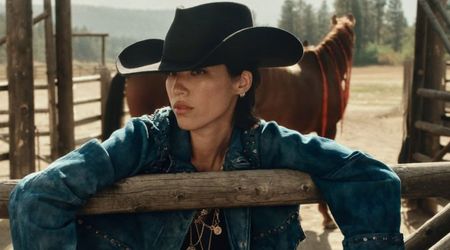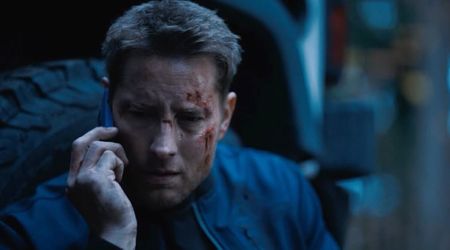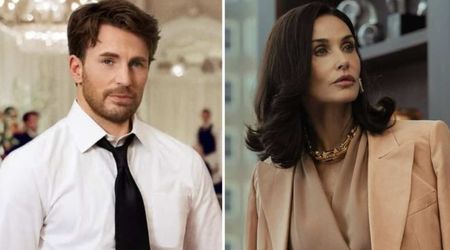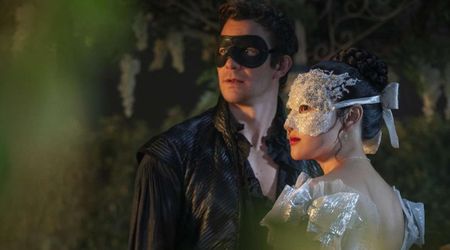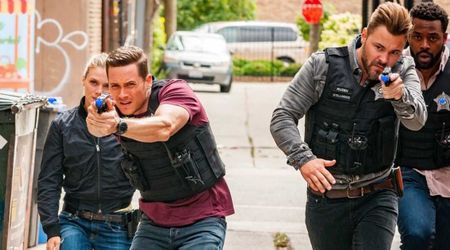‘The Witcher’ is no ‘GOT’ but Netflix's series needs to tighten pace and some tension and political conflict wouldn’t go amiss

'The Witcher' was supposed to be Netflix's attempt at occupying the space HBO's 'Game of Thrones' ruled for a decade. The genre is the same, that of a fantasy-period drama, but the plot and the worlds of these two shows are entirely different from one another.
It is important to repel any comparisons in the beginning because the flaws in the show or even the few extraordinary moments that we saw in the first season are 'The Witcher's own making. One of the best things about 'The Witcher' is the world in which Geralt of Rivia, Princess Cirilla and Yennefer of Vengerberg live in.
There are monster slayers who are known as witchers, elves, mages, druids, stiga, and even a golden dragon. To this, when you add Geralt's charming horse Roach, it is a pretty sweet world that author Andrzej Sapkowski has built.
We haven't been introduced to this world to its full extent, but what we have seen so far has been fun, especially since 'The Witcher' is able to accept magic as an integral part of the show.
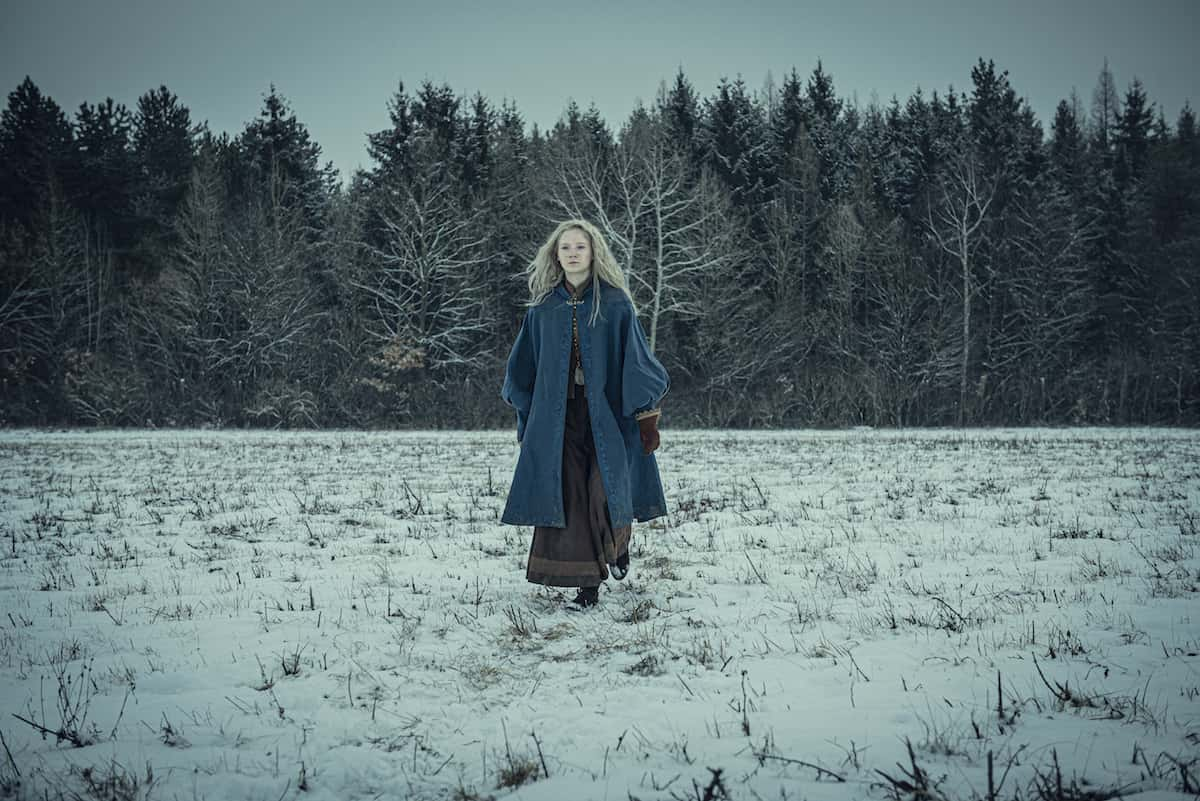
However, the biggest flaw of the show is the pace at which it is built. It is too slow to get to the crux. As it takes a lot of time to build up tension, disinterest builds up and when the plot thickens in episode 4, it is too late.
For instance, let's take the conversation that the royal family has during a celebratory gala, it is stretched too much. Yes, we do understand that the scene was a set up to explain family dynamics between Queen Calanthe, King Eist, and princess Cirilla, but the amount of time spent on overdrawn conversation sets a bad precedent for the show.
Considering the show is adapted from books, each episode should have been considerably more plot-driven while also exploring the depths of each character. One of the two characters that were portrayed well in the show happen to be Yennefer and Geralt's horse, Roach.
The witcher himself is not quite convincing and Henry Cavill definitely has to work together with Freya Allan to somehow find a dynamic that would interest audiences in the next season.
The first season was too insulated in terms of character arcs and there wasn't much overlap, especially between Geralt and Ciri. Again, we have to point out here that the pace of the show is much slower than expected.
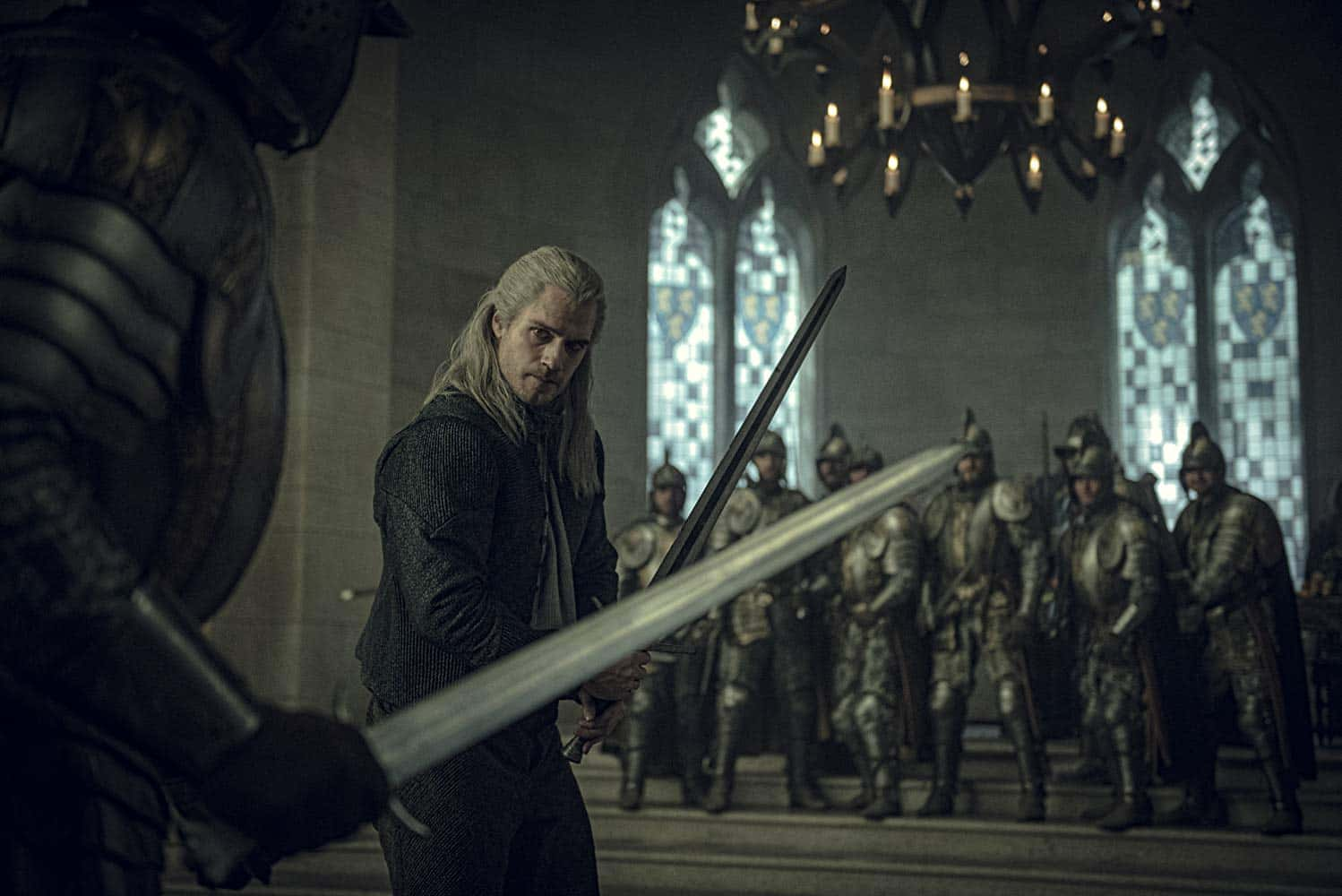
Finally, speaking about the politics of the show, there is a lot of inconsistency in what the characters stand for at any given time. The only strong character that is politically motivated at this point is Stregobor, but he is hardly present in the show.
Even Frangilla, the mage of Nilfgaard who was forced to serve the Usurper before Cahir took over is not politically motivated. There is a vacuum in the show when it comes to political conflict that could have added the much-needed tension that 'The Witcher' currently lacks.
Queen Calanthe's Cintra is too proud to give in to the mages, so the Brotherhood doesn't concern itself with protecting Cintra from Nilfgaard. This is as political as the show gets and that is the biggest flaw in 'The Witcher'. By trying to tell us all about Yennefer, Ciri, and Geralt in the first season, the show has failed to retain the audience's interest to wait and anticipate the next season.

